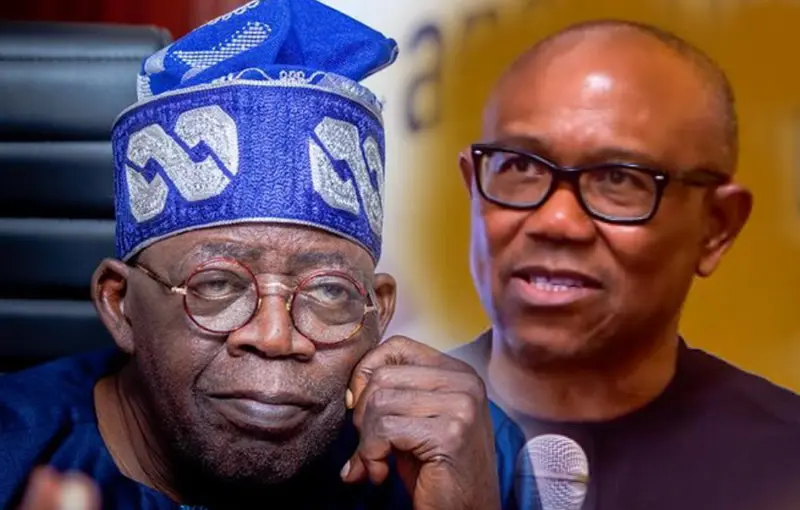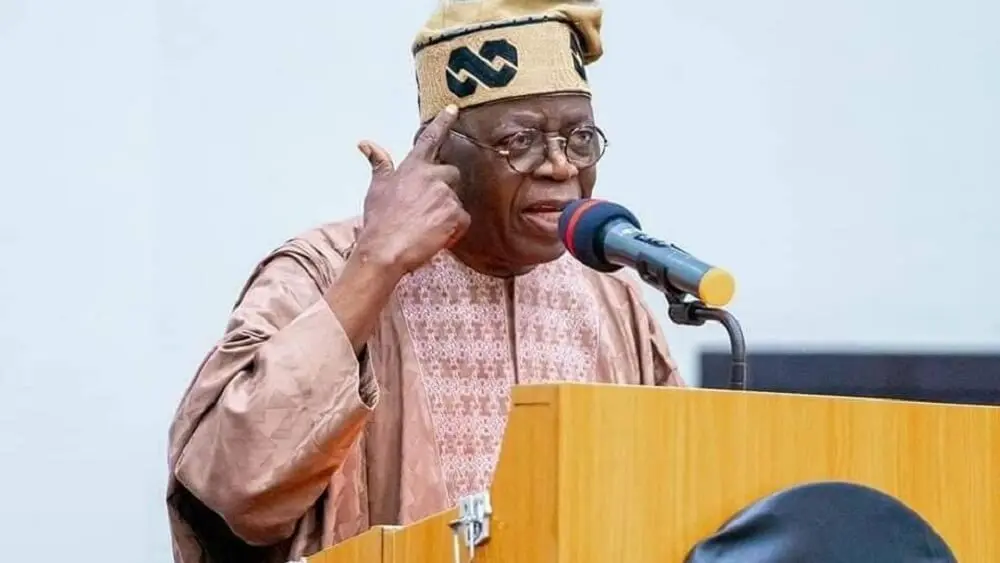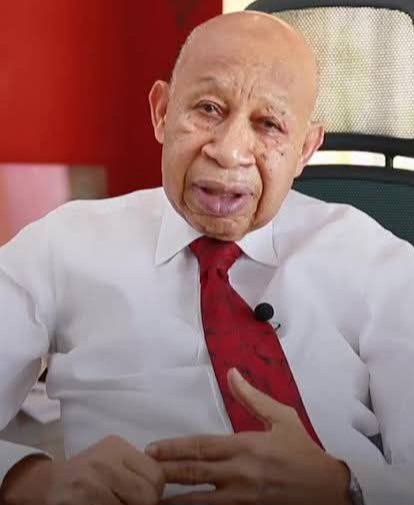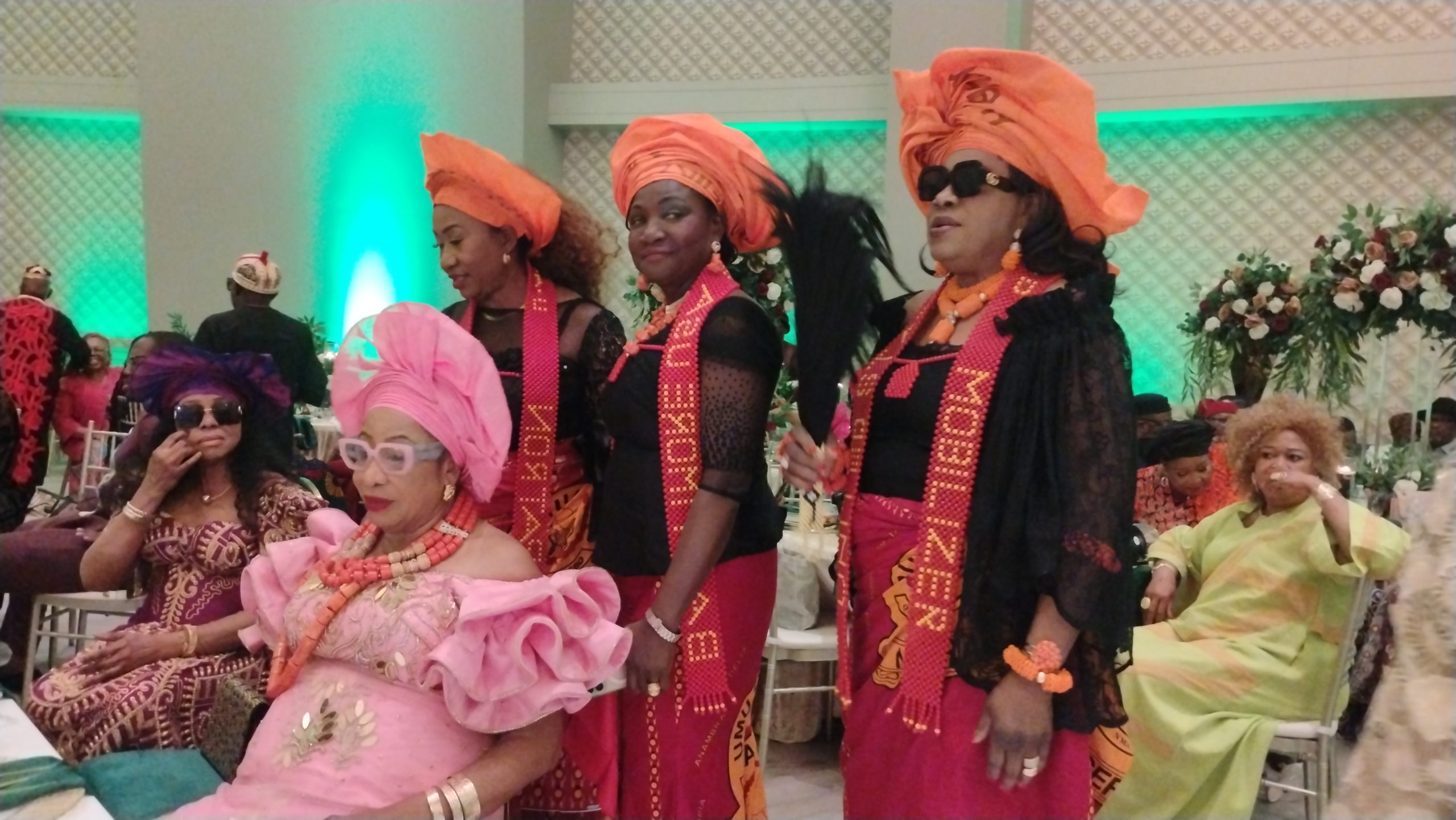Tinubu Hasn’t Challenged US Court Order, Forfeiture Of $460,000 From Narcotics Trafficking In Any Court Till Date –Peter Obi Tells Presidential Election Petition Court

Peter Obi, the candidate of the Labour Party (LP) in the 2023 presidential election has asked the Presidential Election Petition Court to uphold the order of the United States District Court, Northern District of Illinois, Eastern Division, in the case in which President Bola Tinubu of the ruling All Progressives Congress (APC) forfeited the sum of $460,000 as proceeds of narcotics trafficking and money laundering.
In his final written address in response to the final written address of President Tinubu and the Vice President, Kashim Shettima at the 2023 Presidential Election Petition Tribunal, Obi told the court that Tinubu had never challenged the US court order in any court of competent jurisdiction since 1993 when the order was made till date.
He said that his submission “is predicated on the decision of the United States District Court, Northern District of Illinois, Eastern Division, in Case No: 93C 4483, which ordered ‘that the funds in the amount of $460,000 in account 263226700 held by First Heritage Bank in the name of Bola Tinubu represents the proceeds of narcotics trafficking or were involved in financial transactions in violation of 18 USC §1956 and 1957’. The decision encapsulated in the Order is tendered as Exhibit PA5 before this Honourable Court.
“The above Order made by the United States District Court, was sequel to a ‘Settlement Order of Claims to Funds held by Heritage Bank and Citibank’ wherein Bola Tinubu (2nd Respondent) and others, claimed ownership of the sums in the accounts. The 2nd Respondent till date has not challenged the Order of Forfeiture made by the US Court as shown above.”
Obi noted that it is important to underscore that the Proceeding in Exhibit PA5 above (Forfeiture Proceedings), “the Order was based among under things by the revelation/finding in the Affidavit of Kevin Moss, a Special Agent and investigator on financial crime, money laundering and narcotics trafficking, inter alia that “interviews with investigators from the US Customs Service disclosed that the address at 7504 S. Stewart Avenue is known as a drop-off point for packages from Nigeria that contain white heroin…..” and that “in the application to open his account at First Heritage Bank, Illinois, Chicago, “Tinubu (2nd Respondent herein) stated that his address was 7504 South Stewart, Chicago, Illinois.”
According to him, “The provision of Section 137 (1) (d) of the 1999 Constitution, is clear, explicit, unambiguous and clearly provides as follows: “A person shall not be qualified for election to the office of President if –
“He is under a sentence of death imposed by any competent court of law or tribunal in Nigeria OR a sentence of imprisonment or fine for any offence involving dishonesty or fraud (by whatsoever name called) or for any other offence imposed on him by any court or tribunal or substituted by a competent authority for any other sentence imposed on him by such a court or tribunal; or”. (Emphasis supplied).”
He added, “We respectfully invite Your Lordships to uphold that the above sub-section, by the use of the word “OR” in the several instances envisaged therein envisages a disjunctive meaning and interpretation for those several instances, as such, the ordinary plain meaning of the sub-section is that a person shall not be qualified for the office of the President if among other things; he is under a fine for any offence involving dishonest of fraud (by whatever name called) of any offence imposed on him by any Court or Tribunal.
“It is submitted that the Order of Forfeiture made against the 2nd Respondent by the US Court as reproduced above, constitutes a fine, and it is in respect of an offence involving dishonest or fraud by a Court.
“With due respect, the submissions on pages 22-25 of the Written Address are incorrect and do not reflect the actual position of the law. It submitted that the misconception of the 2nd and 3rd Respondents to the effect that a conviction must exist before a person will be disqualified from contesting for the office of the President, and which said misconception sterns from their unfortunate, albeit, misguided reliance on Section 137 (1) (e) of the 1999 Constitution. The Petitioners case is not based on Section 137 (1) (e), but rather on the provisions of Section 137 (1) (d) of the 1999 Constitution.
“The 2nd and 3rd Respondents further attempt to discredit the evidence of PW1, by stating that he visited the United States once in 2003 is of no moment. Exhibit PA5 is documentary evidence which is certified, sealed, notarized and authenticated by the United States Court which issued it.”
He further said, “We urge Your Lordships to disregard the argument of the 2nd and 3rd Respondents to the effect that Exhibit PA5 has not been registered in Nigeria, as according to them, such registration is required by the provisions of Section 3 of the Reciprocal Enforcement of Foreign Judgments Ordinance and Foreign Judgment (Reciprocal Enforcement) Act.”
He told the court that the Section 3 of the Reciprocal Enforcement of Foreign Judgments Ordinance and Foreign Judgment (Reciprocal Enforcement) Act, Tinubu and Shettima heavily relied on are completely inapplicable to the instant Petition.
“Respectfully, my Noble Lords, the cardinal question is whether a civil forfeiture under US Law as ordered in Exhibit PA5, can be equated to a fine as used in Section 137 (1) (d) of the 1999 Constitution. The answer, on settled case law in the US and legal literature is in the affirmative.
“A civil forfeiture in the US amounts to a ‘fine’ or a ‘punitive economic sanction’, and it is also “at least partially punitive” against the persons whose property is affected. Why did Timb challenge the forfeiture proceedings if he was not to be personally affected? Can it be honestly argued that the 2nd Respondent herein did not suffer economic sanction when he forfeited 460,000 USD to the US Government?
“It is submitted that, the decision of the US Supreme Court above, ranks superior to the evidence called by the Respondents and the text written by TS Greenburg et al, entitled A Good Practice Guide for Non-Conviction Based Asset Forfeiture (World Bank 2009) 13, cited by the 2nd and 3rd Respondents on pages 24-25 of their Final Written Address.
“Respectfully, My Lords, under the Nigerian law, the word “fine” used in Section 137 (1) (d) of the 1999 Constitution as amended, also contemplates an Order of Forfeiture made against the 2nd Respondent.
“Under the Administration of Criminal Justice Act 2015 (ACJA), the Interpretation Section defines “fine” as “includes any pecuniary forfeiture or pecuniary compensation payable under this act. Penalty includes any pecuniary fine, cost, forfeiture or compensation recoverable under an order.
“The United States District Court, Northern District of Illinois, which made the Order of Fine against the 2nd Respondent, comes within the category of the term ‘any court’ provided for in section 137 (1) (d) of the Constitution of the Federal Republic of Nigeria 1999 (as amended).”


